#Electrification
European Regulators Could Slam the Brakes on Numerous AMG Models
The fun police, also known as European regulators, are causing sleepless nights for that continent’s automobile manufacturers, all thanks to their imposition of ultra-stringent Euro 6 emissions standards.
You’ve already read about Mazda cutting back on 2.0-liter MX-5 sales in the UK to lessen the brand’s fleetwide emissions output. Now, Mercedes-Benz’s performance arm might have to cull a great number of AMG-badged vehicles to keep itself in good standing.
Auto Industry Eliminating Jobs to Support Electric Vehicle Tech: Report
With environmentalism sweeping through the automotive industry of late, manufacturers are spending oodles of cash to fund the continued development of electric vehicles. Unfortunately, the are doing this during a period where the developed world’s taste for cars has already reached its zenith — or so it seems. Growth is slowing in markets across the globe and cuts have to be made somewhere if the industry players want to keep their bottom line positioned firmly in the black.
A recent report from Bloomberg, estimated that around 80,000 auto jobs will be eliminated in the coming years as a result of electrification — with the majority concentrated in the United States, Germany, and United Kingdom. Though the onslaught of cuts will not be limited to the developed world, nor entirely the fault of EVs.
Volkswagen Boosts Tech Spending to $66 Billion Over Five Years
Volkswagen Group has decided to increase spending on the development of electric and digital technologies over the next five years to 60 billion euros ($66 billion USD). The automaker estimated the revised strategy amounts to slightly more than 40 percent of its investments in property, plant and equipment, and all research and development costs during the planning period.
Of that sum, 33 billion euros are expected to go directly toward the development of new electric vehicles. The increase allocates roughly €12 billion annually for hybridization, electric mobility and digitalization. The old plan set aside 8.8 billion euros per year.
As Honda's CEO Pours Cold Water Over Electrics, How Are the Brand's Dedicated Green Cars Doing?
Count Honda among the dwindling number of automakers that believe a sudden market shift to electric drive technology is little more than a pipe dream. As you read yesterday, the company’s CEO, Takahiro Hachigo, is on the record as saying, “I do not believe there will be a dramatic increase in demand for battery vehicles, and I believe this situation is true globally.”
While rival automakers like Toyota, Mazda, and Subaru have teamed up to advance their electrified ambitions, Honda chose to take it slow and go its own way. Its efforts have already born fruit, and continue to do so. Honda was the first automaker with a mass-market hybrid, but the ensuing two decades has seen the automaker temper its expectations of a fickle, gas-loving public. The brand’s product reflects its outlook.
So, how’s that product doing?
Honda CEO: 'EVs Will Not Be Mainstream'
The tide of praise and promise that swept in at the impetus of the 21st century to support electric vehicles is receding. The same goes for the entire concept of autonomy — though this has been pulling back faster than Nicholas Cage’s hairline, and with only a fraction of its grace. Over the last few years, the number of voices shrugging off advanced technologies has increased, creating a rift between cynics and believers.
While largely disinterested in the ramifications of the technology, automakers have also tamped down their previously bloated expectations. Those pushing alternative powertrains and vehicular autonomy are becoming more based, but so too are the companies that never bothered chasing them quite so zealously in the first place.
Honda CEO Takahiro Hachigo says his company still has serious doubts as to just how lucrative electrification and mobility projects will actually be, suggesting the costs and complications of such technologies probably aren’t worth pursuing as a primary objective.
Ford Mustang Lithium: 900 Horsepower, Entirely Electric, Six-Speed Manual
Ford’s whetting electric appetites at SEMA this week with its new Mustang Lithium prototype. Officially a one-off model for the show, the automaker said it was present to prove how utterly dope future electric performance vehicles will be. Good timing, too, as the debut of Ford’s all-electric, Mustang-inspired crossover is almost upon us.
Ignoring the timing in relation to the Mach E, it’s mildly curious that the brand would first preview the prototype at an aftermarket trade show. But it’s worth noting that the electric Mustang actually cobbles together quite a few parts from various catalogs. The manufacturer informs us that Lithium is equipped with Ford Performance’s Track Handling Pack and Brembo brakes sourced from the Shelby GT350R — though they’re the tamest inclusions by far.
Infiniti Explains Brand's Future Product Strategy, Design Language
Celebrating 30 years of existence, Infiniti announced it was time for a sea change this week. While sales have improved since the recession, last year saw a modest decline in volume that carried over into 2019 in a big way. Year to date, Nissan volume is down 6 percent, with Infiniti posting a 17.1-percent loss — we discussed this earlier in the day, if you’re interested.
Most of this saga is occuring in the United States, where Infiniti sources the bulk of its sales. China and Europe are footnotes for the manufacturer. Yet Infiniti would very much like to improve its global appeal, so it’s banking on EV adoption as being the next global consumer craze.
Considering how many countries are embracing stringent emission goals, Nissan’s premium arm could be making a wise choice. However, the U.S. hasn’t been quite so eager to push (or embrace) automotive electrification — meaning Infiniti could be endangering the one market that’s keeping it afloat. Unfortunately, the status quo doesn’t seem to be working, either — encouraging the automaker to adopt alternative powertrains and design cues in the coming years.
Keeping Tabs: Germany Promises One Million EV Charge Points by 2030
German Chancellor Angela Merkel announced Sunday that her country will soon have one million charging stations ready for electric cars. Her words came ahead of numerous meetings with German automotive manufacturers on how best to spur EV adoption in Europe.
Pivoting to zero-emission vehicles has many worried about job losses. The United Auto Workers issued a nearly 40-page report on the implications of electric vehicles and how to address them during its negotiations with General Motors — after the automaker said the battery plant it was eyeballing in Ohio would require hourly employees to take pay cuts. The Center for Automotive Research has also indicated that EVs simply don’t take as many man hours to manufacture. It’s even mentioned in the Trump administration’s fuel economy rollback proposal — an effort bent on furnishing cheap automobiles and American jobs.
Germany is worried too, with groups echoing similar employment concerns. To mitigate those fears, while encouraging electrification and maintaining jobs, the nation wants to take its 20,000 charging stations to 1 million.
FCA Earmarks $1.1 Billion for Alfa Crossover, Hybrid Panda
Last year, Fiat Chrysler Automobiles announced a €5 billion plan to set the table for more palatable electric vehicles — including hybrids — and boost capacity utilization at its Italian facilities. Roughly one fifth of that total will go toward the launch of a compact crossover from Alfa Romeo and Fiat’s upcoming Panda hybrid.
Numerous Italian trade unions (AQCF, FIM, FISMIC, UGLM, and UILM), after speaking with the manufacturer, have confirmed the Pomigliano plant will undergo some retooling in preparation for the new models. Meanwhile, FCA confirmed the cost to Reuters — stipulating that the total investment for the two models would be “closer to 1 billion than 500 million euros.”
BMW's Next CEO: Meet the New Boss, Same as the Old Boss
With Oliver Zipse confirmed as BMW’s new chief executive, practically everyone theorized on how he was going to shake up the strategy established under former-CEO Harald Krüger — which revolved around gradually introducing more EVs via a highly flexible architecture. While we were disinclined to agree, a swath of industry experts and media outlets claimed this was a terrible blueprint for the brand and expected Zipse to come up with something different.
However, he looks to be offering more of the same. That begs the question as to why Krüger actually left the company and taints the validity of suggestions that his product strategy was internally viewed as a failure.
GM Reportedly Thinking About Electric Hummers
Demand for Hummer vehicles peaked in 2006 before being obliterated by the financial crisis and a spike in domestic fuel prices. Considering the brand’s most eco-conscious model (the H3) averaged somewhere around 14 mpg in the city, the nameplate probably survived longer than it should have. It took on defunct-status in 2010.
Having failed to sell off the brand, General Motors is still sitting on the property and rumors are stirring that it might be making a comeback… as an electric luxury marque.
Despite sounding like the mad ravings of drug-addled lunatic, GM has its reasons for considering bringing Hummer back to life. Jeep sales took off like cat with its tail on fire after the recession, with annual domestic volumes going from 231,701 units in 2009 to a whopping 973,227 in 2018. It’s doubtful that GM missed that or forgot that it had access to an easily identifiable brand with similar ties to the military and off-road adventure.
When ICE Isn't Enough: Mazda's First Electric Still on Track for 2020, Plug-ins to Follow
Despite the recent development of a high-MPG, low-emission gasoline four-cylinder, Mazda’s future depends on lowering its emissions footprint even further. With regulators — especially those in Europe — backing ever more stringent environmental standards, Mazda hopes to avoid Fiat Chrysler-like penalties by adding a product at odds with the brand’s heritage. An electric vehicle.
With the help of its partners, Mazda’s new EV will make an appearance next year, followed up with a crop of plug-in hybrids buyers are more likely to take home.
Toyota Ramps Up Electrification Timeline, Outlines Nuanced Strategy
Following announcements that Toyota would be working on a shared electric vehicle platform with Subaru, as well as a jointly developed crossover, the brand conducted a press conference on Friday regarding its decision to “popularize BEVs.” While the announcement didn’t deal with the specifics of cutting-edge tech, auxiliary business opportunities, or even a total shift toward battery electric vehicles, it did represent a major commitment from a manufacturer that’s notoriously cautious in its decision making.
Opening the conference, Executive Vice President Shigeki Terashi focused largely on the challenges of electrification. Terashi said Toyota’s intent has always been to support “social progress” and curb CO2 emissions while acknowledging that it had only made formal commitments to electrification within the last couple of years. However, he showed that the automaker has been busy within that time, and had several initiatives in the works aimed at repositioning Toyota as a mobility brand, by outlining the company’s extremely complex EV strategy.
Buckle up, because there is a lot to this — including some new cars.
Lean on Me: Incoming Daimler CEO Aims to Tap Alliances, Get Models Out the Door Faster, Cheaper
Planned successor for Daimler CEO Dieter Zetsche, Ola Källenius, says Mercedes-Benz will significantly reduce development costs under his supervision by accelerating alliances throughout the industry. This, of course, has everything to do with electric cars, as that’s all auto executives seem capable of discussing anymore.
“The cost structure of the electric car is above that of the combustion engine car. We are working hard on lowering this,” Källenius said on Monday. “We need to work on the cost of vehicle architectures. From where we are now, we need to make a significant step by 2025 in terms of cost.”
Maserati Promises Not to Go All Electric on Us
Maserati promises it will steer clear of widespread electrification. And yet, it’s unclear whether this is part of a bold corporate strategy that sees electrification as the less-promising path forward, or simply the result of the brand’s current financial situation.
Regardless, the firm’s North American leader, Al Gardner, says it’s not in the cards. While Maserati fully intends to insert more plug-in vehicles and hybrids into its lineup by 2022, it vows to stop short of killing the internal combustion engine. Of course, we know that’s a promise no automaker can expect to keep indefinitely. All it takes is one important change in management to readjust a brand’s corporate trajectory, but Maserati appears safe from total electrification for the time being.



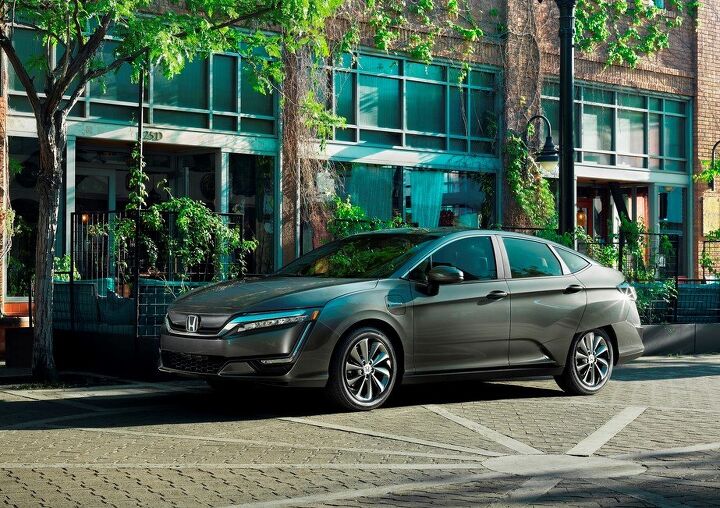
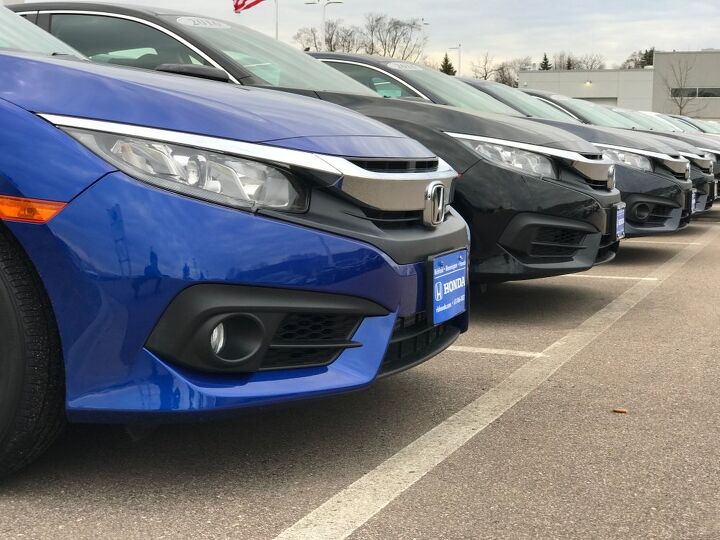
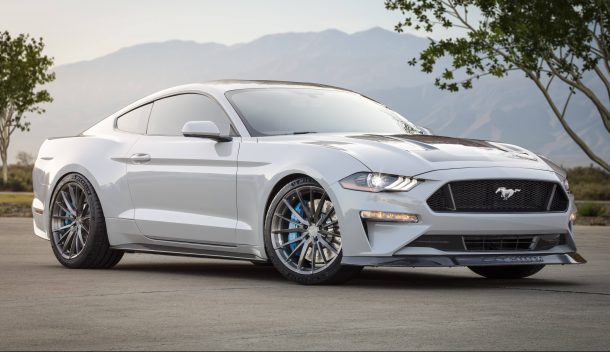
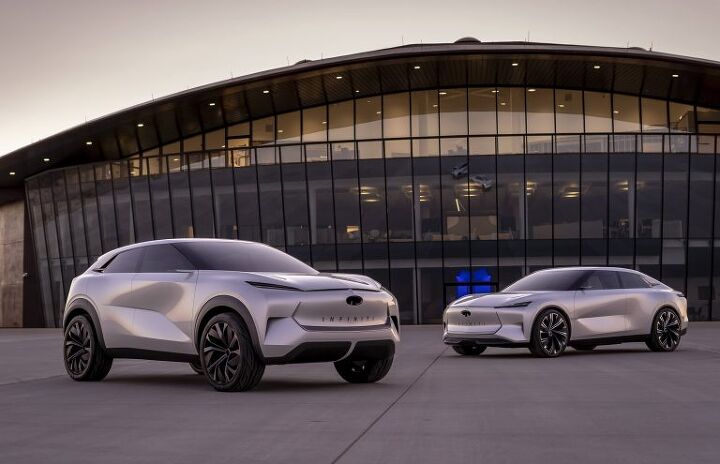


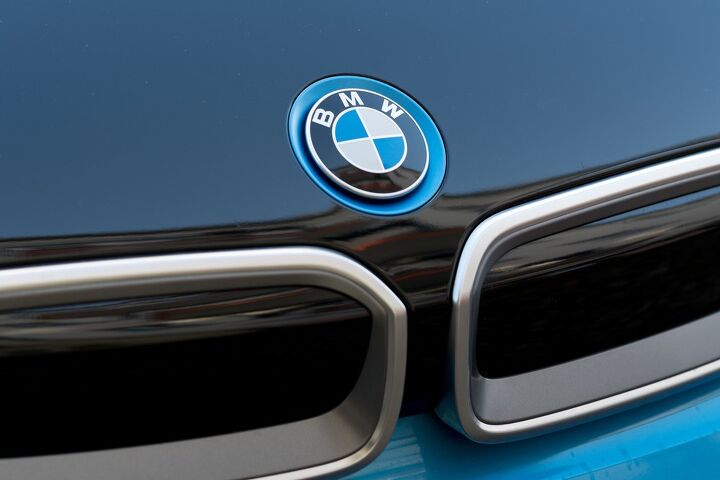

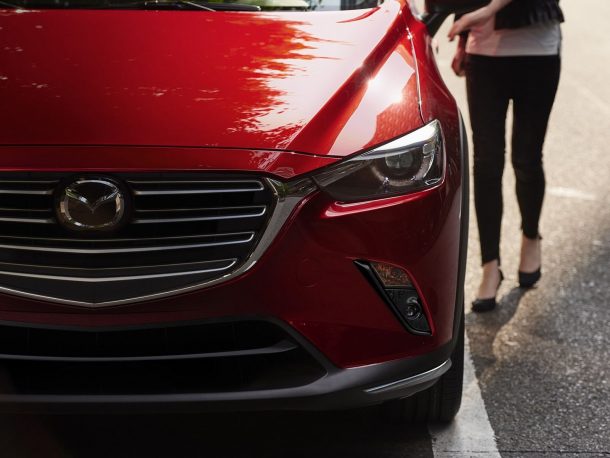
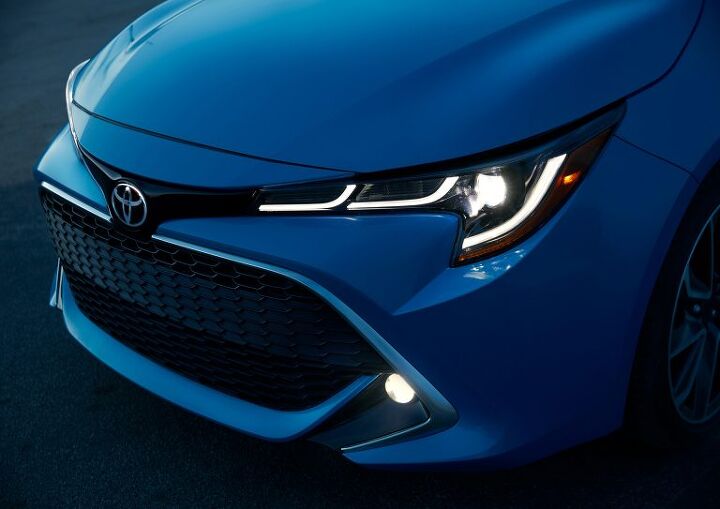














Recent Comments